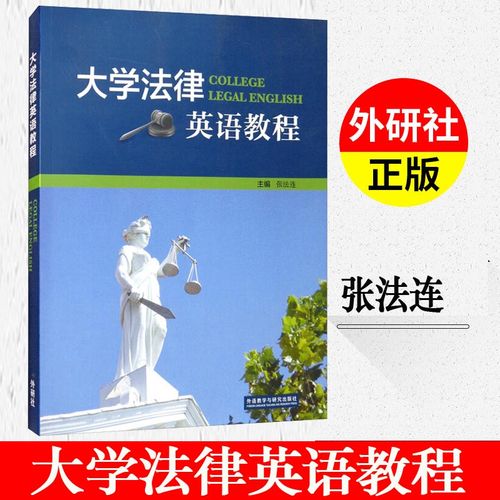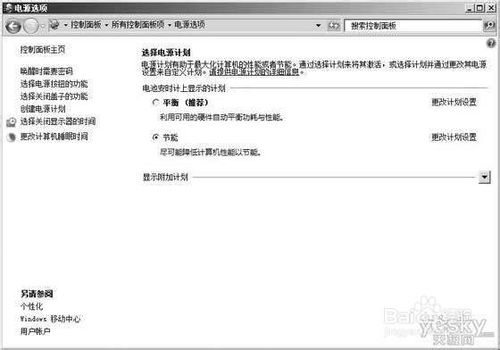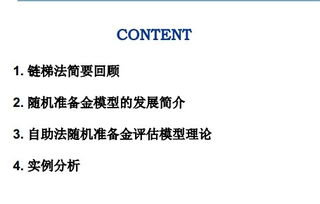张法连法律英语翻译教程
Title: Understanding Legal English with Zhang Fa
Legal English is a specialized field that requires a precise understanding of both language and legal concepts. Zhang Fa, a renowned figure in the legal world, offers valuable insights into navigating the intricacies of legal English. Let's delve into the key aspects of legal English with Zhang Fa's guidance.
1. Importance of Legal English:
Legal English serves as the lingua franca of the legal profession globally. Its importance lies in its ability to convey complex legal concepts accurately and unambiguously. Zhang Fa emphasizes that proficiency in legal English is indispensable for lawyers, legal scholars, and anyone involved in legal matters, as it ensures clarity, precision, and adherence to legal standards.
2. Vocabulary and Terminology:
A fundamental aspect of mastering legal English is acquiring a robust vocabulary and understanding of legal terminology. Zhang Fa suggests aspiring legal professionals familiarize themselves with terms specific to various branches of law, such as contract law, criminal law, and intellectual property law. Moreover, comprehending Latin phrases commonly used in legal texts enhances one's grasp of legal language.
3. Syntax and Structure:
Legal documents often follow a distinct syntax and structure characterized by precision and formality. Zhang Fa advises paying close attention to the organization of legal texts, including contracts, statutes, and court opinions. Understanding how to structure sentences and paragraphs in a logical manner is crucial for conveying legal arguments effectively.
4. Clarity and Precision:
In legal English, clarity and precision are paramount. Ambiguity can lead to misinterpretation and legal disputes. Zhang Fa underscores the importance of using plain language whenever possible and avoiding convoluted expressions or jargon. Clear and concise communication enhances the readability and comprehensibility of legal documents.
5. Interpretation and Translation Challenges:
Translating legal documents poses significant challenges due to linguistic and cultural differences. Zhang Fa advises caution when translating legal texts, as nuances in language can have profound legal implications. Additionally, interpreting legal documents requires a deep understanding of both legal principles and linguistic nuances to ensure accurate interpretation.
6. Resources for Learning Legal English:
Zhang Fa recommends utilizing various resources to improve proficiency in legal English, including textbooks, online courses, and legal dictionaries. Additionally, reading and analyzing legal texts, such as court opinions and statutes, helps develop familiarity with legal language and conventions.

7. Continuous Learning and Practice:
Mastering legal English is an ongoing process that requires dedication and practice. Zhang Fa encourages aspiring legal professionals to engage in continuous learning and actively seek opportunities to practice writing and speaking in legal contexts. Participating in moot court competitions, legal writing workshops, and internships can enhance practical skills in legal communication.
Conclusion:
In conclusion, mastering legal English is essential for anyone involved in the legal profession. With Zhang Fa's guidance, aspiring legal professionals can navigate the complexities of legal language with confidence and precision. By focusing on vocabulary, syntax, clarity, and continuous learning, individuals can develop proficiency in legal English and excel in their legal careers.
For more information and resources on legal English, consult Zhang Fa's publications and explore reputable sources in the field of law and language studies.
References:
Zhang Fa, "Mastering Legal English: A Comprehensive Guide"
Black's Law Dictionary
Legal Writing Institute (LWI)
The Bluebook: A Uniform System of Citation











